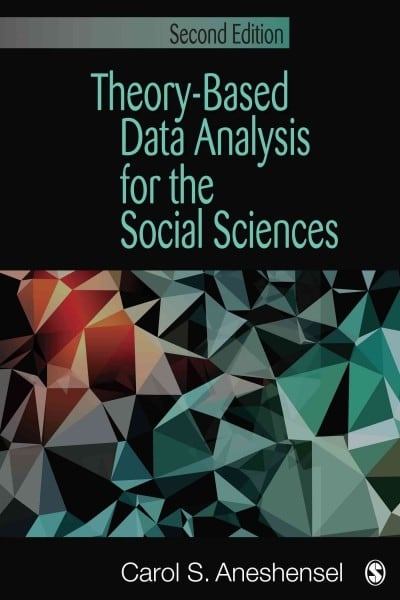Question
A) In the video, we learn how sleep can help consolidate memory. How does the information in the video compare to the hypothesis stated in
A) In the video, we learn how sleep can help consolidate memory. How does the information in the video compare to the hypothesis stated in the paper?
In the video titled "Nova science now 37 - sleep", a researcher in the video by the name of Bob Stickgold states the following about what happens during sleep "The brain is being modified while we sleep, so that when we wake up, in some way, we have a different brain and it's a brain that functions better." (Youtube, 2012). Stickgold in the video believes that your brain reviews what it recently has learned and is strengthening your memories. We can compare this to the hypothesis of the primary research paper titled, "The Role of Sleep in Directed Forgetting and Remembering of Human Memories" where the hypothesis in the paper is that in relation to time awake, sleep facilitates the recalling of words which were cued for remembering and even facilitates the remembering of items in where participants of the primary research paper were instructed to forget. Furthermore we can juxtapose the hypothesis with the following statement made by another researcher in the Nova science video by the name of Matthew P. Walker where he states the following, "Practice doesn't make perfect. It seems to be practice with a night of sleep that makes perfect. Sleep is enhancing that memory so that when you come back the next day you're even better than you were the day before." (Youtube, 2012).
B) Saletin et al (2011) tested their participants immediately after learning words to be remembered (R) or forgotten (F). What did this immediate test show about the level of remembering vs the level of forgetting for the nap and no nap groups?
After the participants were tested immediately the results were actually quite interesting in my opinion. In immediate testing one result was that between both groups memory accuracy and retention were identical for both words that were to be remembered and for words that were being instructed to be forgotten. Furthermore it was added that the difference between both groups was not that significant in words that were to be remembered and those that were to be forgotten. Which can simply indicate that perhaps sleep or napping rather does not have significant effect on memory and retention of words. One interesting thing that I want to note here though is that these words that were being presented were given certain characteristics such a specific font, along with font size, perhaps this could have impacted the experiment but it is just conjecture on my part. It seems like there were similarities as well for both groups in terms of words that were to be remembered in relation to words that were to be forgotten.
C) After a period of either napping or no-napping, the participants were tested on their ability to freely recall the words. How did the two groups (nap vs no-nap) compare in their abilities to recall the R vs F words? How did the results of the nap group correlate with the electrophysiological results? How is this work important?
Initially both groups (nap and no-nap) were able to recall more remembered words than forgotten ones but there was a significant distinction in that the nap group in that they were able to recall more remembered words in total than the no nap group which then further strengthens the hypothesis given earlier in the primary research paper that sleep faciliates the recalling of words. The following is stated by Saletin et al, "Instead, sleep provided a superior recall advantage for words previously cued for remembering but did so without concomitant enhancement of items previously cued for forgetting, indicative of specificity based on prior waking instruction." (Saletin et al, 2011). Saletin and associates do make the assumption that sleep enhanced memory of the cue associations. In regards to the nap group and the correlation with electrophysiological results, it was found that based on their functional anatomy in regards to sleep spindles, these spindles positively correlate with the number of remember words recalled in various sites of posterior parietal lobe. The use of EEG in such research is a tool that can indicate what parts of the brain are being activated and stimulated during such activities. This leads researchers to further evaluate how the brain functions, how it interprets information and how it consolidates it to certain parts of the brain. This is also important because researchers can make observations and distinguish patterns in relation to memory and retention.
I need a response to this discussion Board.
Step by Step Solution
There are 3 Steps involved in it
Step: 1

Get Instant Access to Expert-Tailored Solutions
See step-by-step solutions with expert insights and AI powered tools for academic success
Step: 2

Step: 3

Ace Your Homework with AI
Get the answers you need in no time with our AI-driven, step-by-step assistance
Get Started


